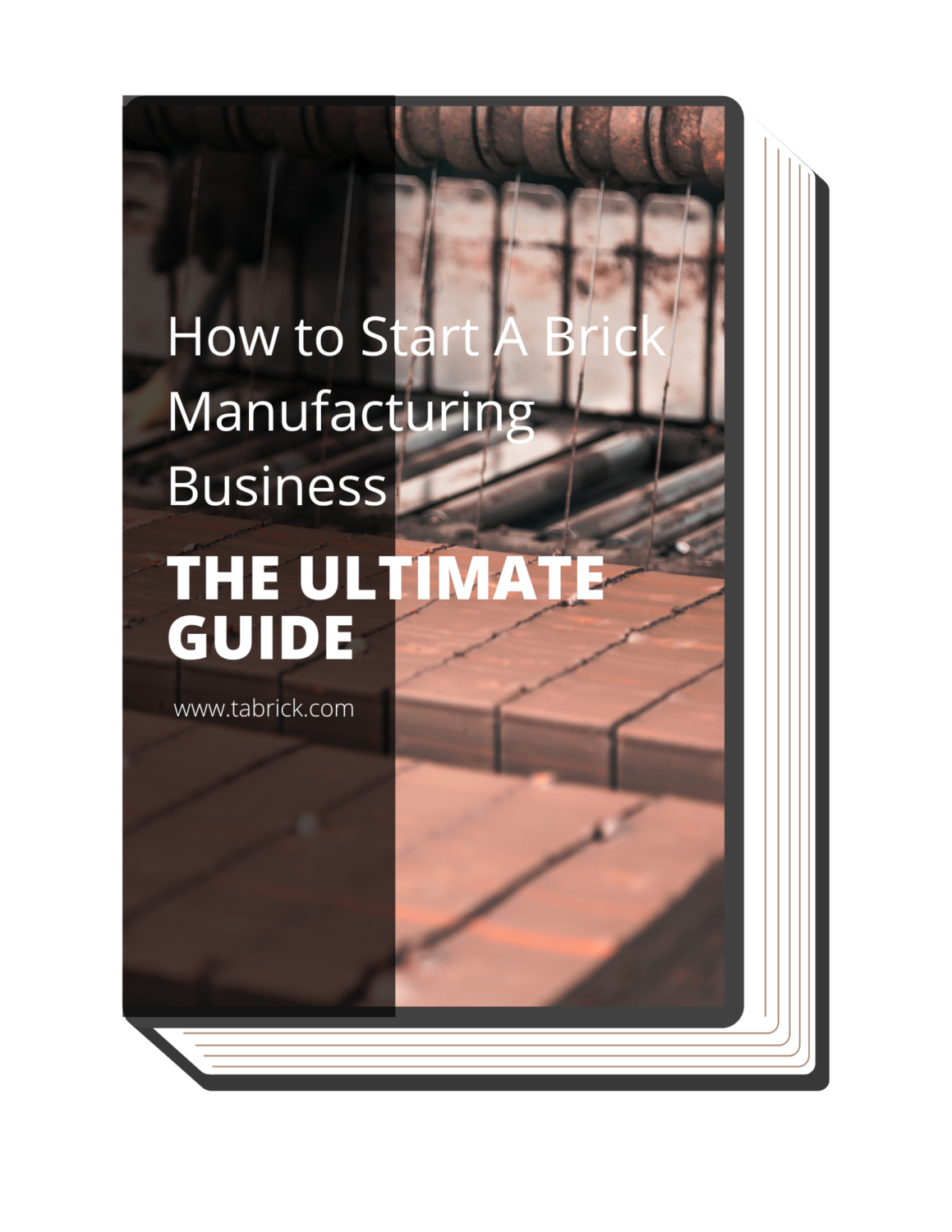Allied Market Research reveals that brick making machines, including the soil brick making machine in India, produce bricks using raw materials like sand, aggregate, cement, and water. The drying process ranges from 2 to 20 days for complete moisture removal. These machines, available in single, dual, or multi die configurations, enable simultaneous creation of multiple bricks.
Given this knowledge, the act of investing in a soil brick making machine demands an informed decision based on a meticulous assessment of specific needs and circumstances. Therefore, the key considerations when choosing a soil brick making machine should be carefully addressed to make the most suitable selection.
Here are the key considerations when choosing a soil brick making machine:
#1 Production Capacity
Evaluating a machine’s production capacity is essential to ensure it aligns with project requirements. For example, looking for a soil brick machine that has a higher capacity is ideal for large-scale construction projects. Carefully considering the capacity of the brick making machine will ensure the best choice is made for specific needs.
#2 Machine Size and Space Requirements
Overlooking the aspect of machine size and workspace compatibility can lead to challenges during installation. It’s essential to ensure that the chosen machine fits comfortably within the available workspace without compromising production capacity, ultimately saving time and resources.
#3 Ease of Operation
User-friendly controls and features are crucial for seamless operation and consistent output quality. For example, the Tabrick Soil Brick Making Machine, known for its intuitive design, makes it easy to use, which minimizes errors and improves overall efficiency. Choosing a machine with user-friendly features will positively impact your production process.
#4 Material Compatibility
Assess the machine’s compatibility with various types of soil and stabilizing agents to guarantee optimal brick quality. This will ensure your soil bricks meet the desired standards for your projects.
#5 After-Sales Support
I’ve personally experienced the value of partnering with a manufacturer that provides reliable after-sales support. From my own journey, I’ve learned that having access to maintenance services, spare parts, and technical assistance is essential. Choosing a trustworthy manufacturer will not only ensure your machine operates efficiently but also minimizes downtime, keeping your production on track.




